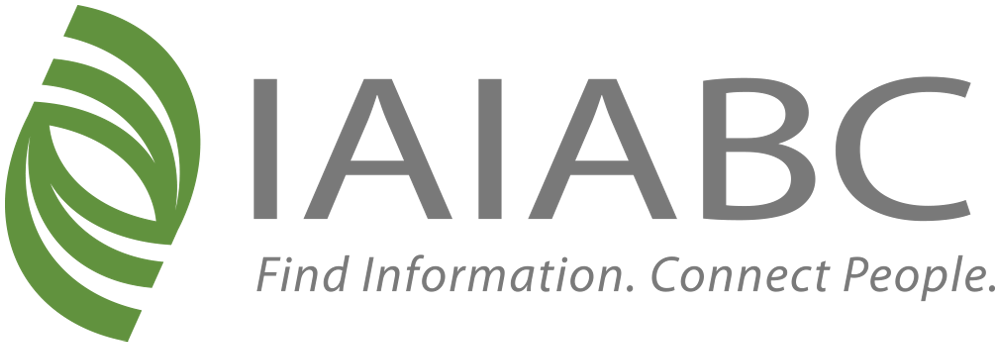Florida Workers' Compensation Division
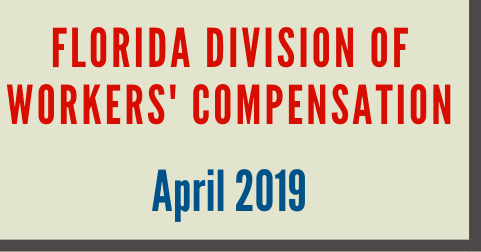
IAIABC: Please provide an organizational profile (number of employees, years in business, where you do business, organizational vision)
Andrew Sabolic, Assistant Director, Florida Division of Workers' Compensation: Florida’s workers’ compensation law was initially enacted in 1935. The Division of Workers’ Compensation was housed in different agencies in evolving roles since that time. The most recent change occurred in 2003 when the Comptroller, Insurance Commissioner, and State Fire Marshal were combined to create the Department of Financial Services. The Chief Financial Officer is the state-elected official responsible for the Department. Most of our 298 employees reside in our central office located in Tallahassee, FL, but we also have 7 field offices located across the state.
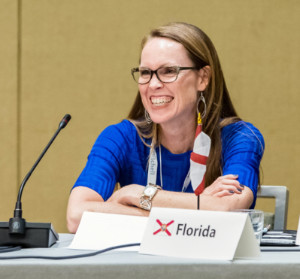
IAIABC: How does your organization serve the workers’ compensation industry or what do you see as the most important role you play in the workers’ compensation industry?
AS: Our mission statement is referenced constantly as we strive to innovate and solve problems. The mission statement has three key components that guide our regulatory activities. These include leveraging data, educating stakeholders on their roles and responsibilities, and holding parties accountable. Any new initiative we consider must meet at least one of these guiding principles for us to dedicate resources to it. Meeting these objectives also helps us maintain objectivity and neutrality as we regulate the workers’ compensation system as a whole.
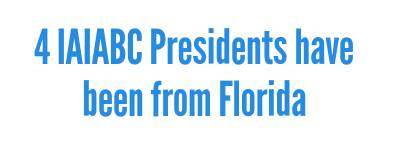
IAIABC: What do you see as some of the major challenges the industry is facing, and how can we as a community address them?
AS: The Division tracks many threads of conversation across different industries as they can affect employer compliance, access to quality health care, and injured worker safety. One of the best ways to address issues is to be aware of them as they develop. Understanding how and why an issue becomes a focal point can be key in trying to ensure informed decisions are a component to problem-solving. Participation in national organizations such as the IAIABC can offer important updates, perspectives, and actionable data.
IAIABC: Are there any projects/programs/initiatives going on at your organization that you are particularly excited or enthusiastic about?
AS: We collect incredible amounts of data and have recently started working to find ways to share this data in new ways to provide additional value to our stakeholders. Our Insurer Regulatory Report is sent to engage high level decision makers for insurance companies and their TPAs prior to an upcoming audit. We offer this information that they may be able to identify key processes, policies, or practices that are instrumental in maintaining or improving its performance levels. It contains comparative data and industry trends to inform the entity of their performance trends in addition to a Florida-specific benchmark. In our latest update of this report we have also been able to include opioid data. This report continues to evolve as new data becomes reportable. All of the feedback received thus far regarding these reports have been very positive.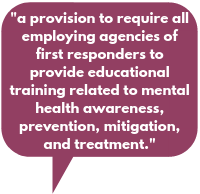
During the 2018 legislative session, Florida passed SB 376 that provides additional workers’ compensation benefits to first responders diagnosed with post-traumatic stress disorder (PTSD). Included in this bill was a provision to require all employing agencies of first responders to provide educational training related to mental health awareness, prevention, mitigation, and treatment. The Division took the opportunity to collaborate with first responders and a disaster behavioral health professional to create materials that are free to the employing agencies. They can customize the materials and scale up or down based on their individual capabilities, needs, and resources. Since the release of the materials in September 2018, the Division has tracked over 1300 downloads of the materials!
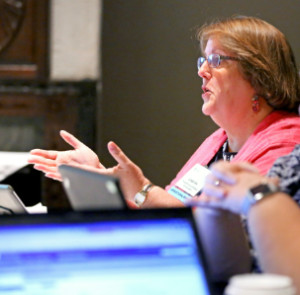
IAIABC: Why is your organization a member of the IAIABC? What would you tell others about the benefits of membership?
AS: Sharing lessons learned is always a good practice in any industry or process. Jurisdictions can relate to almost any activity in another jurisdiction even if the subject or processes are not identical. Florida appreciates the opportunity to participate in the IAIABC events and committees. Oftentimes when decision makers are reviewing proposals for change, the question of “what do other states do” is usually part of their consideration. We enjoy maintaining contacts and ongoing relationships with the other states as we all accomplish our missions.
